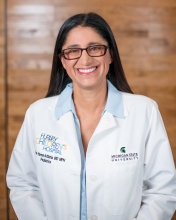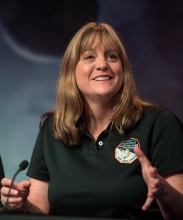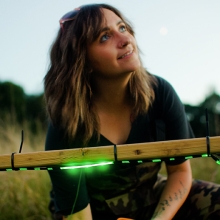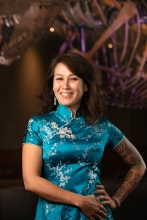Past Speakers
Thursday, November 13, 2025: 5:00pm to 8:00pm | Underwater Wonder: Exploring Ancient Archaeology Below the Great Lakes
Dr. Ashley Lemke
Archaeologist, author, Explorers Club Fellow, and Associate Professor of Anthropology at the University of Wisconsin-Milwaukee
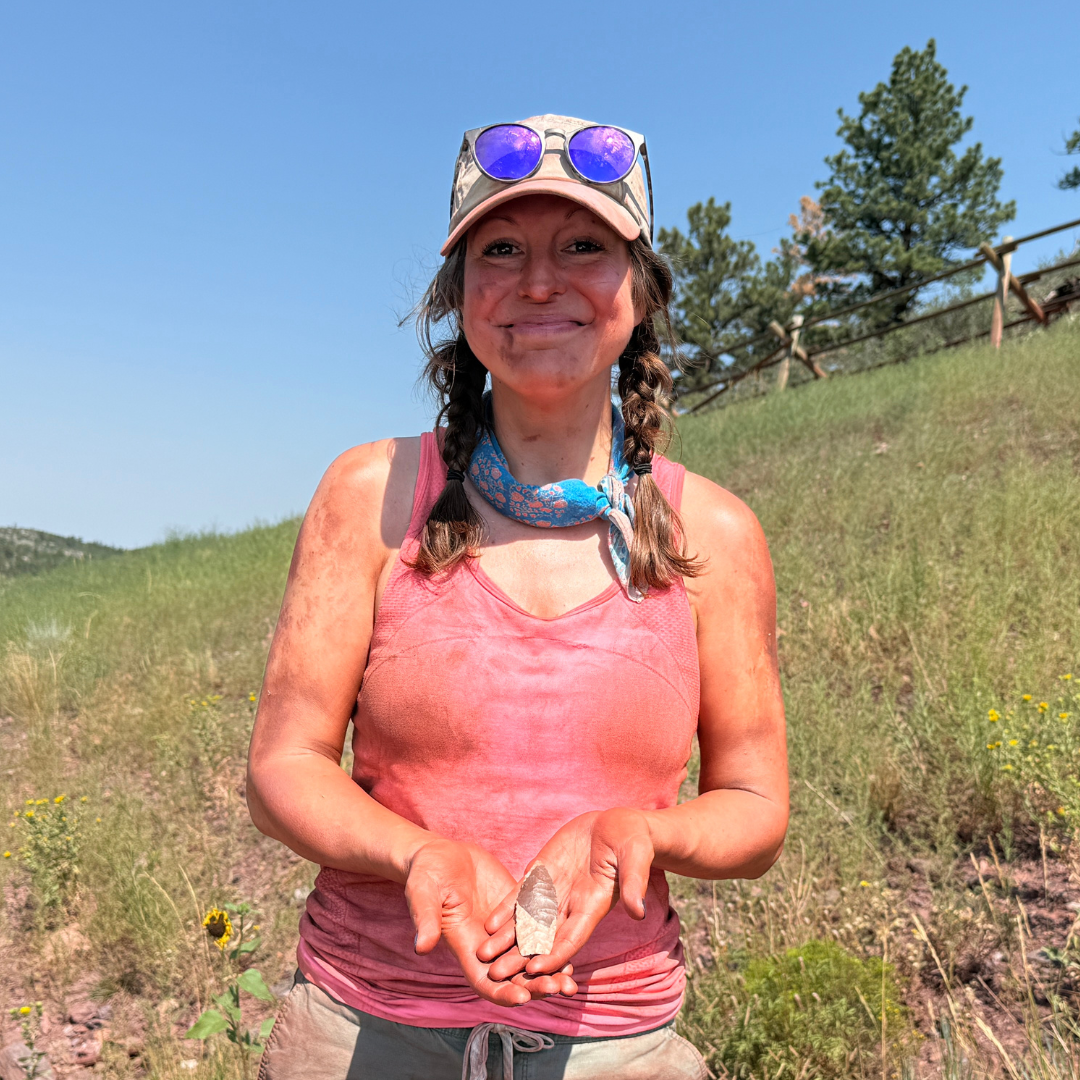
When you think of underwater archaeology, shipwrecks and catastrophes might come to mind, but this scientific field dives far deeper. Beneath the surface lie ancient landscapes and evidence of the plants, animals, and humans that once called them home for thousands of years.
In this lecture, explore the 9,000 year old submerged sites in the North American Great Lakes that were once coastal lands exposed at the end of the last Ice Age. Learn how these underwater worlds play a role in the global archaeological record and uncover the unique stories they can tell us about the past.
Wednesday, December 11, 2024: 6:00pm – Discovery, Hope, and Health
Dr. Mona Hanna
Pediatrician, director of Rx Kids, and associate dean of Public Health at Michigan State University College of Human Medicine
Wednesday, May 8, 2024: 5:00 - 8:00pm – NASA’s Lucy Mission to Explore the Trojan Asteroids
Dr. Cathy Olkin
Principal Scientist at Muon Space
Thursday, November 30, 2023: 6:00pm – Fall of the Titans – What became of the world’s Ice Age megafauna and what does it mean for our future?
Dr. Emily Lindsey
Associate Curator and Excavation Site Director at the La Brea Tar Pits, Los Angeles, California
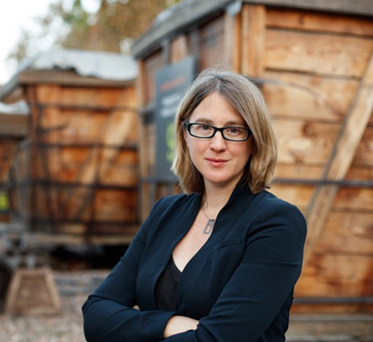
Tuesday, April 11, 2023: 6:00pm - Illuminating the shoreline - the influence of light pollution on freshwater environments
Elizabeth Parkinson
Head of the Freshwater Forum at Cranbrook Institute of Science
This lecture is presented in partnership with the MSU Extension’s Michigan Conservation Stewards Program.
Sunday, March 12, 2023: 3:30pm – What Can Fossils Tell Us? The Life of SUE the T.rex - SOLD OUT!
Book signing to follow Dr. O’Connor’s lecture
Dr. Jingmai O’Connor
Associate Curator of Fossil Reptiles, Field Museum
Jingmai O’Connor is currently the Associate Curator of Fossil Reptiles at the Field Museum of Natural History in Chicago. Previously she was a professor at the Institute of Vertebrate Paleontology and Paleoanthropology of the Chinese Academy of Sciences in Beijing where she worked for over ten years. Her research explores the evolution of flight in the Dinosauria, the dinosaur-bird transition, and the biology of stem-avians, not through any one aspect but exploring Paraves through feather origin and function, aerodynamics, reproduction, respiration, trophics, anatomy, systematics, ontogeny, taxonomy, histology, and other topics as exceptional specimens arise. She has published over 130 papers some of which have appeared in top journals including Nature, Science, the Proceedings of the National Academy of Sciences (PNAS), and Current Biology. In 2019 O’Connor was awarded the Schuchert Award by the Paleontogical Society which honors a paleontologist under the age of 40 who demonstrates excellence and promise. O’Connor has conducted field work in the US, China, Mongolia, Romania, Canada, and South Africa. She serves as the paleosciences Section Editor for All Earth, Associate Editor for Scientific Reports and is a Research Associate of both the American Museum of Natural History and the Los Angeles Natural History Museum.
Thursday, October 20, 2022: 7:00pm - Dive into Hell’s Aquarium: Uncovering Marine Ecosystems During the Age of Dinosaurs
Doors open at 6:00pm for cocktail reception prior to lecture
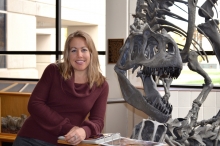 Dr. Laura E. Wilson Professor, Fort Hays State University Department of Geosciences, and Curator of Paleontology at the Sternberg Museum of Natural History
Dr. Laura E. Wilson Professor, Fort Hays State University Department of Geosciences, and Curator of Paleontology at the Sternberg Museum of Natural History
Come explore SUE: The T. rex Experience, then hear more about life during the time of dinosaurs from an expert, Dr. Laura Wilson. Dr. Wilson specializes in vertebrate paleontology and paleoecology, exploring how ancient organisms interacted with each other and their physical environment.
Dr. Wilson earned her M.S. in Earth Sciences from Montana State University studying the taphonomy and paleoecology of terrestrial deposits from the Late Cretaceous Hell Creek Formation of Montana. In 2012, she completed her Ph.D. in Geological Sciences at the University of Colorado, Boulder, where she studied the paleobiology and paleoecology of hesperornithiform birds from the Western Interior Seaway of North America. Her research continues to focus on reconstructing the ecosystems of this Seaway. Research interests include studying the bone histology of marine vertebrates to uncover life history strategies of extinct animals, as well as comparisons between mid-latitude and high-latitude ecosystems along the Western Interior Seaway. Specific taxa of interest include seabirds, sea turtles, and mosasaurs. Much of her research involves comparisons to modern animals and ecosystems to better understand past systems and with the hopes of contributing to current marine conservation.
For questions, contact 248-645-3210 or email cisreservations@cranbrook.edu

